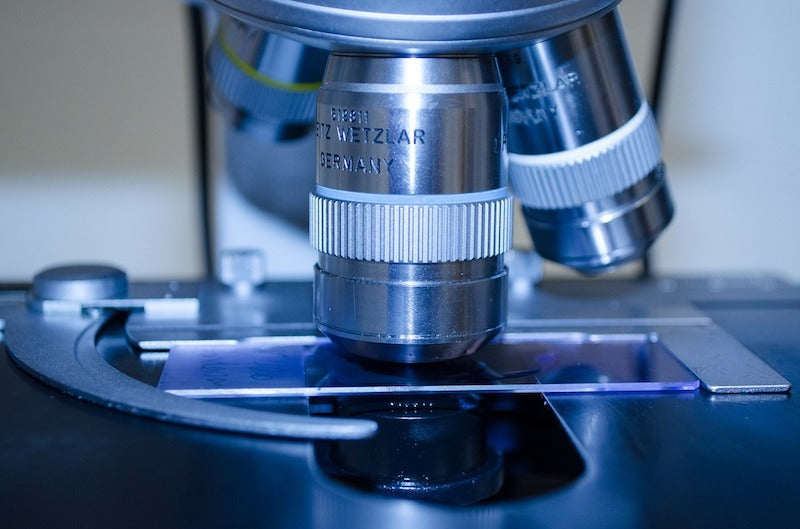Lab Test Results Can Be Wrong or Misinterpreted - Should We Trust Our Lab Test Results?
March 02, 2015 3 min read

The answer to this question is both yes and no. Lab tests, when done correctly can offer you very important information about your health. However, the reliability of the test depends on many factors, including the management of the lab facility, the skill of the technicians, and the test kits that the lab uses for a specific test.
Points to consider regarding lab test results:
- False positive or false negative lab results: Even the best laboratories make errors. Mistakes might result from incorrect collection and storage methods or simply error by a technician.
- Different lab kits used by labs: For example, not all labs use the same diagnostic test kit (testing method).
Examples of tests that I might order for patients who have been diagnosed with osteoporosis and testing problems that can arise:
- Vitamin D test (25, Hydroxyvitamin D): There is more than one type of analysis kit for vitamin D testing. Because of this there can be significant differences in the result when different test kits are used, even if the specimen is collected on the same day.
- 24-hour urine test: The results of this test are often unreliable for a variety of reasons. In many cases patients are given incorrect or incomplete directions by the lab staff on how to properly collect the urine for this test. For a more detailed look at this test.
- PTH-intact with calcium test (to test for parathyroid hormone): First this test must always be coupled with serum calcium or ionized calcium. The directions for how to collect and store this specimen are different for different labs. The proper handling of the specimen is for it to be frozen. Many lab technicians do not know this or their directions for this test are outdated. Claude Arnaud, MD developed the PTH-Intact test back in the 70s and he supports freezing the specimen and has told me that this test is more reliable fasting. In my own experience I have ordered this same test from different labs and the reports were very different.
In my experience along with several of my colleagues we find that Quest diagnostic laboratory is more consistent with the diagnosis of parathyroid disease.
What can we do to make sure that the lab tests we are getting is giving us the best information possible?
The most important thing is to make sure that a positive test is retested. Obviously it is important to work with a doctor who is well informed about the tests that they are ordering. Getting a second opinion can also be useful. You can also look up test results online to get an idea of what the meaning of the test results might be. Labtests Online is a good resource.
As a general rule I tell my patients to have their lab work done first thing in the morning following a 12-hour fast even if the directions do not require fasting. The only time that I take exception to this is if the test directions require a specific time of day such as the cortisol test, that may need to be collected at different times during the day.
What if I am told my lab tests are all normal?
Thinking beyond within normal limits
Some doctors don’t think beyond the framework of, “within normal limits”. For example, if the test is within normal limits, but it is on the high end of normal or low end of normal these findings can be a clue. For instance, a blood calcium score that is on the high or low end of normal can be at tip off that there is a potential problem. If it is low it could point to low calcium or vitamin D intake and if it is on the high end of normal it could be pointing to a parathyroid condition. Thyroid testing as well as other hormone testing should be paired with symptoms. Maybe the lab test indicates normal, but you know your hormones are out of whack. Push doctors to THINK. Sometimes doctors as well as patients need to be persistent and think outside the box in order to arrive at the correct diagnosis.
In order to be an informed patient it is important to learn all you can regarding your own symptoms and what your body is trying to tell you.
To learn about lab results go to: Labtests Online.
For saliva testing on hormones go to: ZRT Labs
For ordering your own saliva tests online go to: The Canary Club
Subscribe
Sign up to get the latest on sales, new releases and more …

